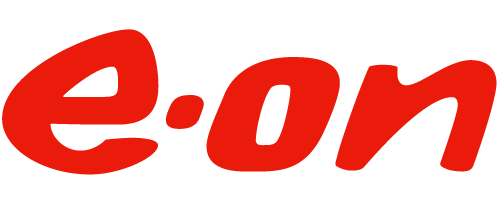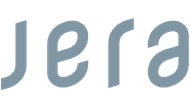Maximize the potential of distributed energy
Proprietary, integrated solutions are causing challenges in managing diverse energy assets due to limited interoperability, complex connections, and costly custom integrations.
TEIA standards bring greater data and device interoperability to energy operators and the ecosystem that surrounds them.
Universal trust across the entire energy ecosystem
Trusted data and interoperable device connections across the entire decentralized energy value chain.
Interconnected ecosystem
Energy value chain requires seamless communication across diverse companies and technologies.
Security imperative
IoT devices, AI, and distributed data demand protection against cyberthreats–without isolating assets into silos.
AI authentication crucial
Unverified AI processing sensitive data poses risks of malicious exploitation of insights.
Multi-vendor advantage
Diverse procurement ensures efficiency, competitive pricing, avoiding monopolistic lock in.
Evolution, not revolution
TEIA integrates with key standards like Matter, OpenADR, and OCPP. Instead of reinventing the wheel, it delivers a universal, end-to-end energy data solution.
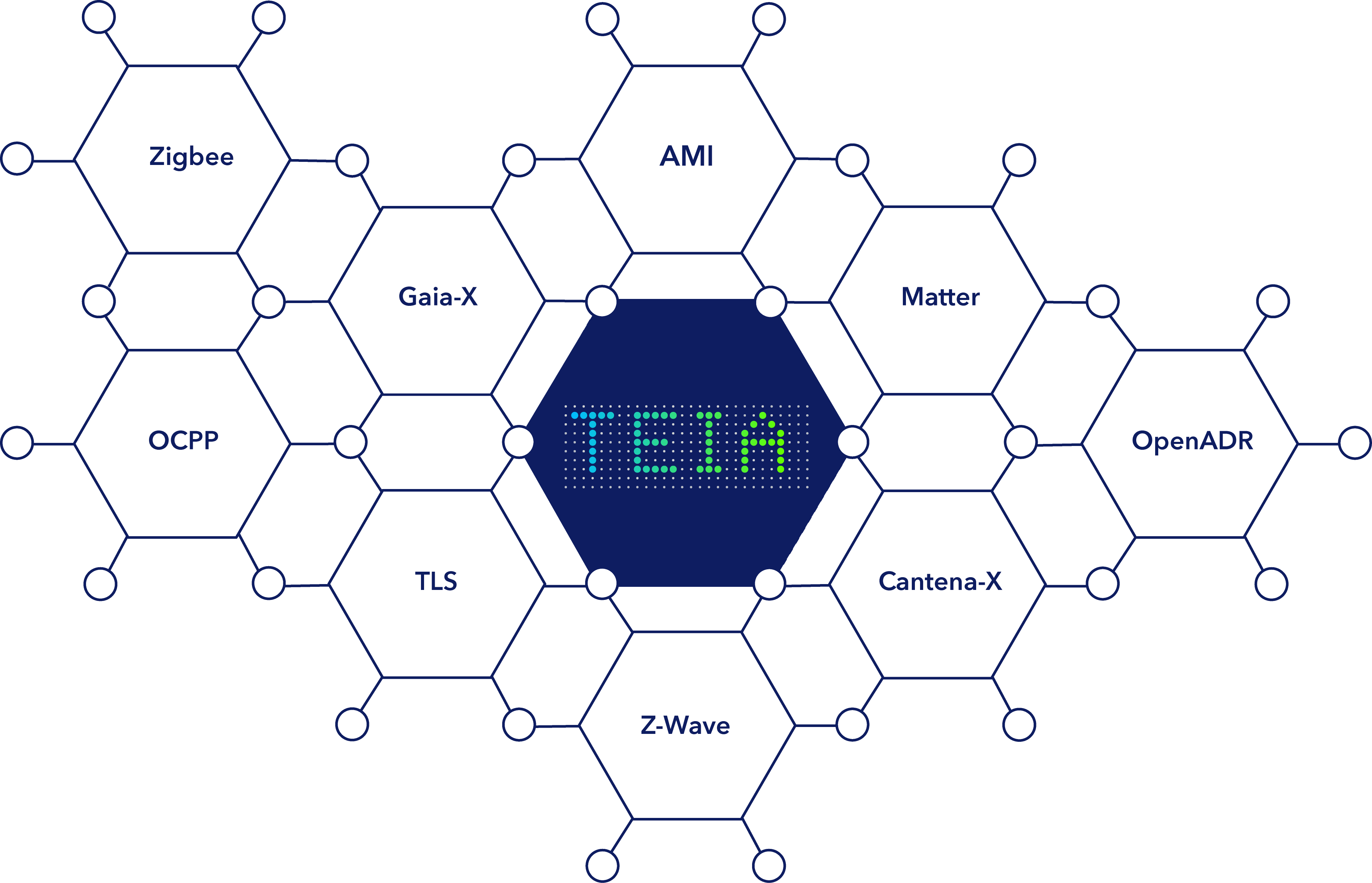
| Spec | Purpose | Domain | End-to-End |
|---|---|---|---|
| TEIA 1.0 | Trust Model | IT/OT/Home | |
| Matter 1.1 | Connectivity | Smart Home | |
| OpenADR 3.0 | Information models | Demand Response | |
| OCPP 2.1 | Transaction models | EV charging |
The value of interoperable energy ecosystems
The energy sector requires standardized formats and protocols for digital transformation with a flexible and open framework.
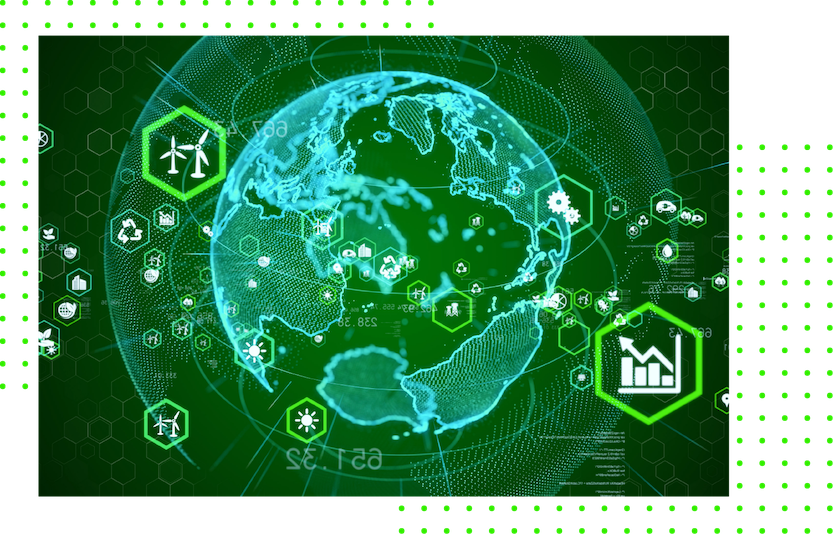
- Energy sector needs digital standardization that addresses advanced distributed energy networks
- Open security standards ensure greater flexibility and transparency between OEMs and energy operators
- TEIA’s open framework supports evolving trusted interoperability beyond legacy IoT security models
Why join TEIA?
Enhance security
• Zero-trust architecture
• Ecosystem-wide data protection
• Seamless & secure IT/OT convergence
Maximize investments
• Reduced procurement costs
• Mitigated vendor lock-in
• Lower OPEX
Accelerate innovation
• AI-ready infrastructure
• Reduced time-to-market
• Collaborative development events
Trust for the entire energy value chain
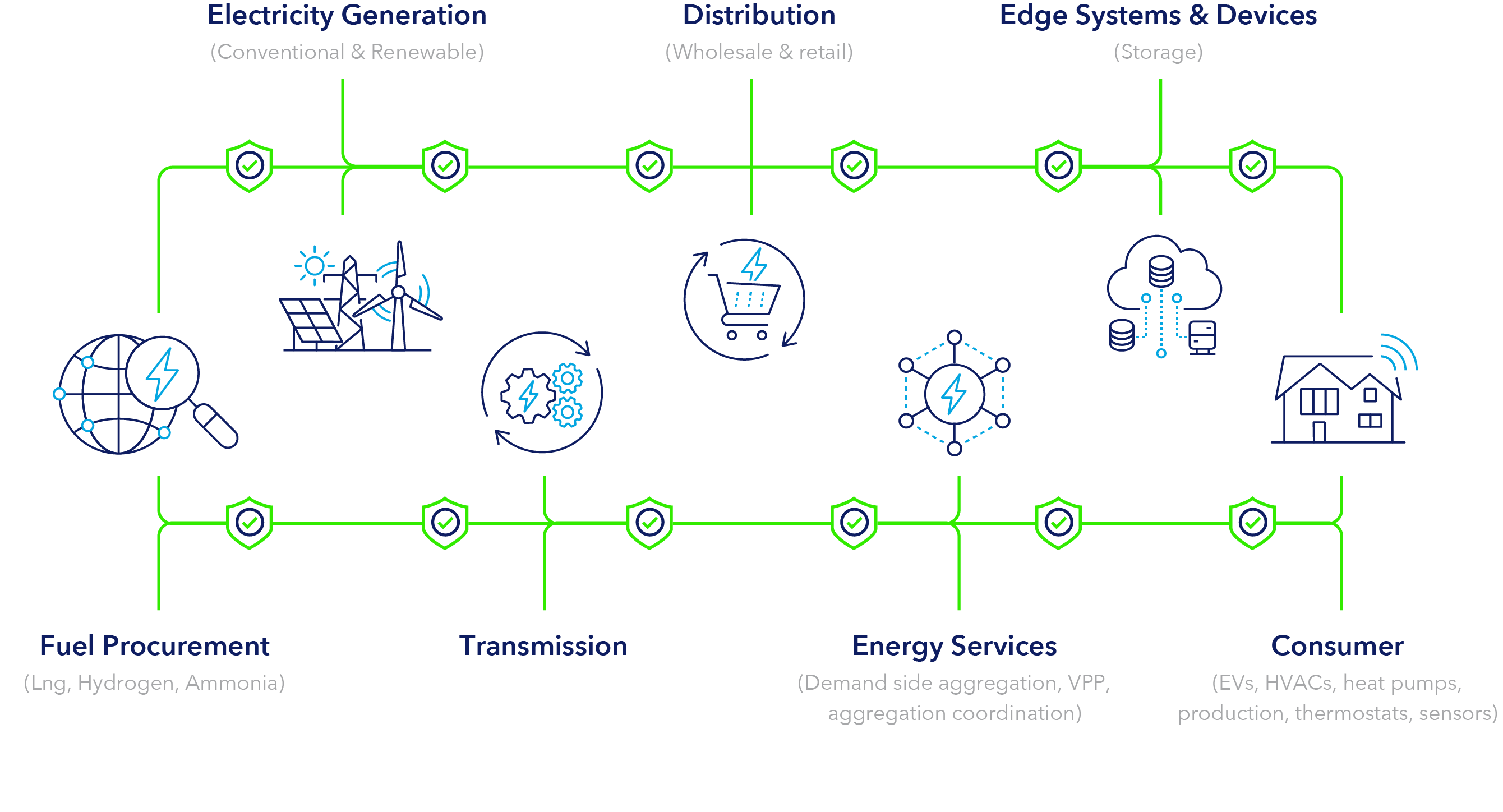
"Adopting TEIA standards and specifications for advancing AI-driven, secure energy systems is crucial for a sustainable and decarbonized future."
Cameron Briggs, Chairman of TEIA.
Join TEIA and lead the future of energy
Explore how your organization can contribute to a secure, interoperable energy ecosystem.
